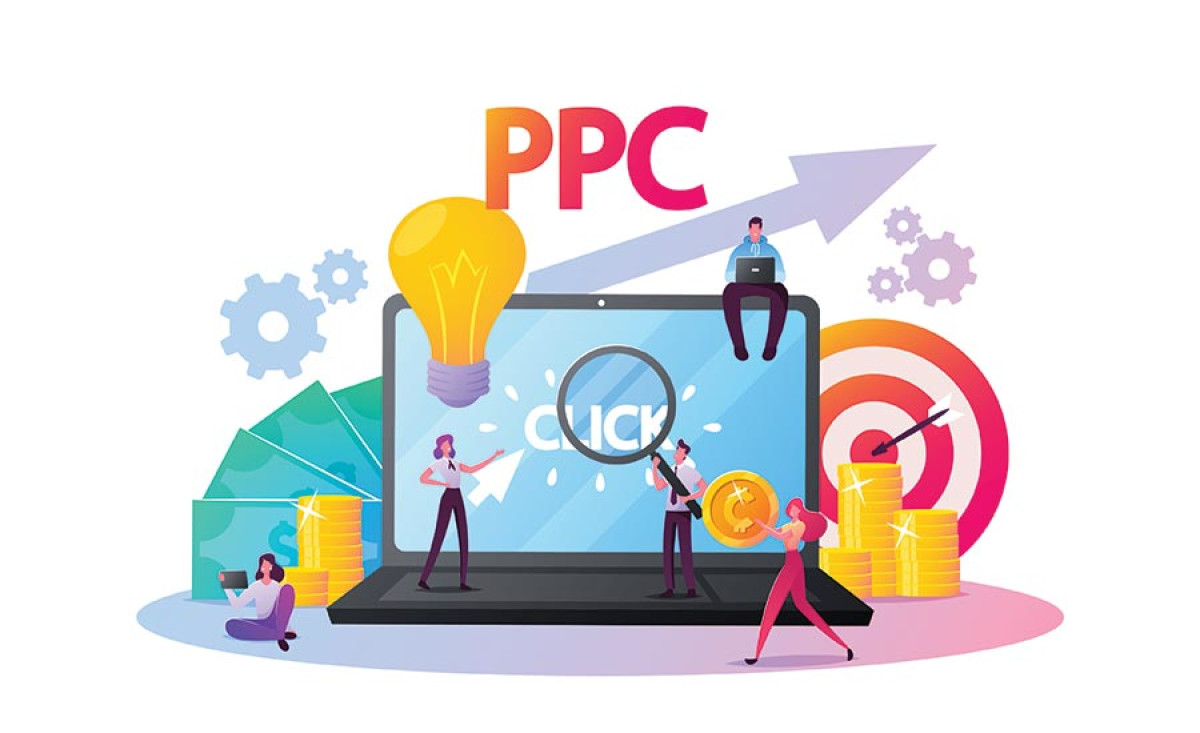Pay-per-click advertising is one of the most effective digital marketing strategies that can help you drive traffic, generate leads, and boost conversions. Tracking the KPIs of your PPC campaigns is crucial to understanding the performance and optimizing strategies. However, monitoring and tracking the performance of a PPC campaign is not smooth sailing. With a myriad of tools and platforms available to PPC agencies in the USA, many experts face several challenges while tracking PPC campaigns.
So, are you ready to explore these challenges? This blog has got you covered. Let’s discuss the 5 most common challenges advertisers face when it comes to tracking PPC metrics and how to overcome them. Keep reading to learn more.
One of the biggest issues in tracking PPC campaigns is identifying the right channel responsible for the conversion. Since users may interact with multiple touchpoints, such as ads, content, or emails across different platforms, it becomes tough to attribute conversion to the right channel.
Incorrect attribution results in misinterpretation of the performance data and may result in bad optimization decisions. In such a scenario, multi-touch attribution models such as Google Analytics 4 can help in accurately tracking customer journeys.
Sometimes, the user may click on the ad today but make the final purchase after a few days or weeks. This time lag makes it difficult for PPC agencies in the USA to track the immediate success of the campaign. To manage such situations, PPC professionals must consistently track long-term trends.
When different platforms report inconsistent data, it leads to confusion and makes it hard to analyze campaign performance. Sometimes, platforms and ad formats, like Google ads and Facebook ads, show different metrics related to clicks, conversions, and ROI, making it challenging to analyze campaign performance and make informed decisions. To overcome this issue, you must use consistent UTM parameters and synchronize platforms with Google Tag Manager.
Not every client will gauge the effectiveness of the campaign by measuring ROI. Some PPC campaigns are focused on generating leads, increasing sign-ups or boosting brand awareness. These goals cannot be tied to a dollar value and do not provide clear-cut metrics. Without monetary results, it’s difficult to determine the impact of these campaigns.
PPC agencies must use advanced measurement strategies and cutting-edge attribution models and integrate PPC with other marketing strategies to measure non-revenue goals effectively.
One of the most significant challenges in tracking PPC metrics is limited control over factors such as competition, changes in search engine algorithms, changing market trends, and customer preferences. Even if your PPC campaign is well-optimized, these external factors, which are beyond your control, may lead to fluctuations in the PPC performance. Here’s how these factors impact pay-per-click campaigns:

Now, let’s discuss the strategies to overcome the common challenges that prevent you from determining the performance of PPC campaigns.
Understanding the metrics that matter the most is the first step towards staying on track. For example, you can prioritize crucial metrics like CTR, conversion rate, and ROI.
Depending solely on last-minute attribution can lead to misinterpretation of the campaign performance. Therefore, you must leverage advanced attribution models to track every step of the customer journey.
You must keep yourself updated about the changes in search engine algorithms and optimize your strategies accordingly. In addition, you must try different ad formats, bidding strategies, and keywords to keep abreast of the search engine algorithm trends and updates.
Also, you must classify your data into different categories based on factors like campaign type, platforms, timelines, and ad categories. This will transform huge chunks of data into manageable form, allowing you to analyze data effectively.
You must consistently audit your PPC campaigns to ensure they are set up properly with accurate UTM parameters. In addition, conduct cross-platform data comparisons to verify the accuracy of metrics.
Tracking PPC metrics accurately is crucial to gauge the effectiveness of your campaigns and achieve desired goals. However, interpreting PPC metrics is not without challenges. By addressing the challenges highlighted in this blog, you can unlock the full potential of your campaigns and fulfill your marketing goals.
If you’re facing difficulty in tracking the metrics of your campaign, you can also partner with a PPC agency in the USA like Whizamet to turn these challenges into growth opportunities and drive maximum ROI from your campaign. Whether you’re looking to generate leads, maximize conversions, or boost your revenue, top PPC agencies in the USA can help you achieve your marketing goals and get the best returns from your PPC investment.